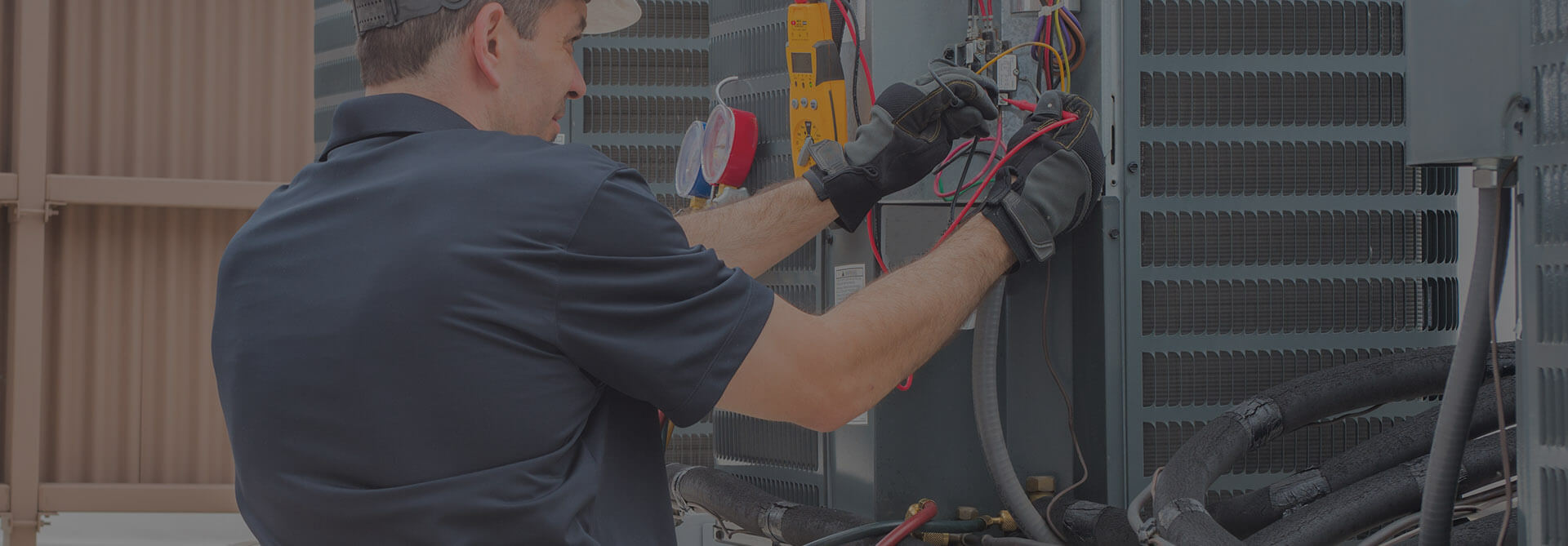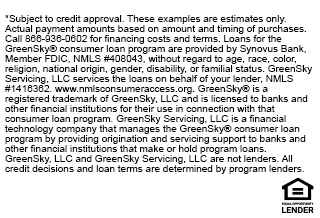Heating and Air Conditioner Repair in Tucson, AZ
FAQs About Heating and Cooling Systems and Services
At Temco, we are a locally owned and operated heating and cooling company. We specialize in quality, reliable, and honest residential and commercial heating and cooling services. We believe that it’s important to provide our customers with straightforward education and resources for their heating and cooling systems so that they can protect the safety and comfort of their homes. They can also make informed decisions about the services they need.
Read through these answers to the most frequently asked questions we get about heating and cooling systems, and call us if you need heating and air conditioner repair in Tucson, AZ or the surrounding areas.








